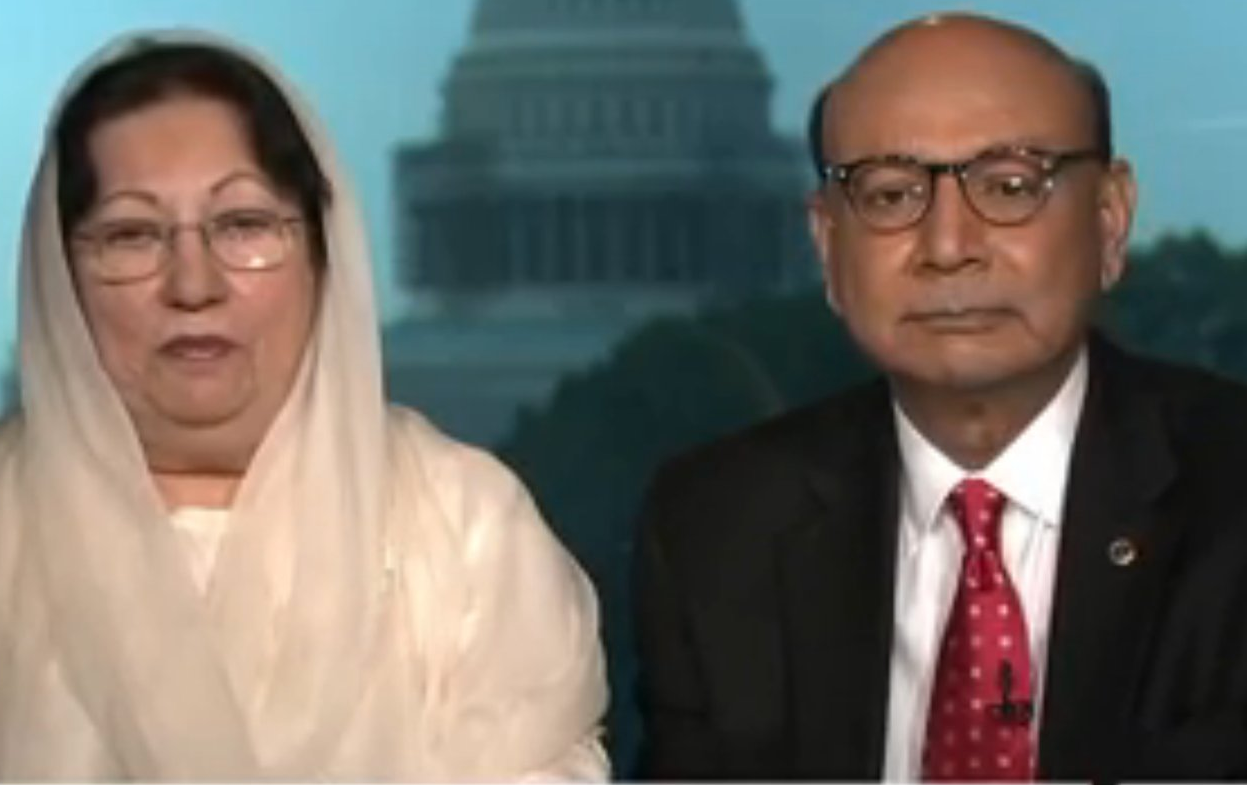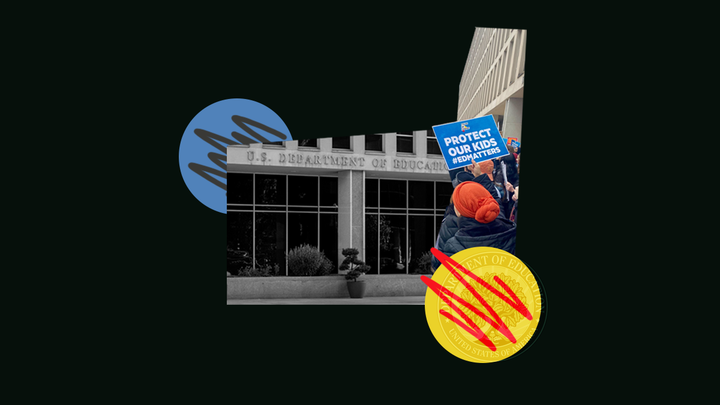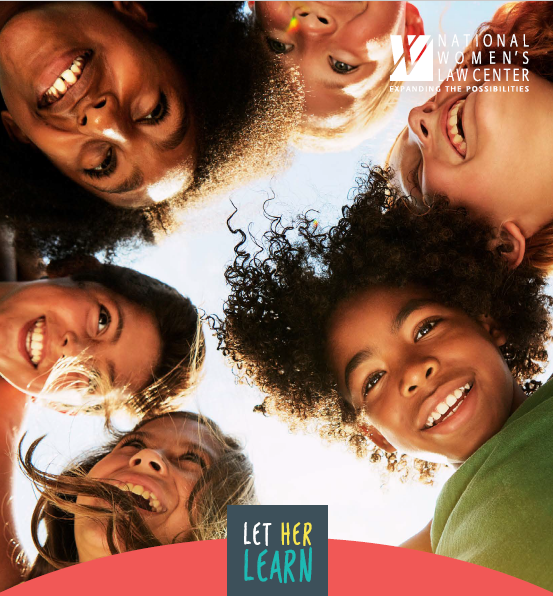Another Day, Another Egregious Act of Violence Against a Black Girl in School
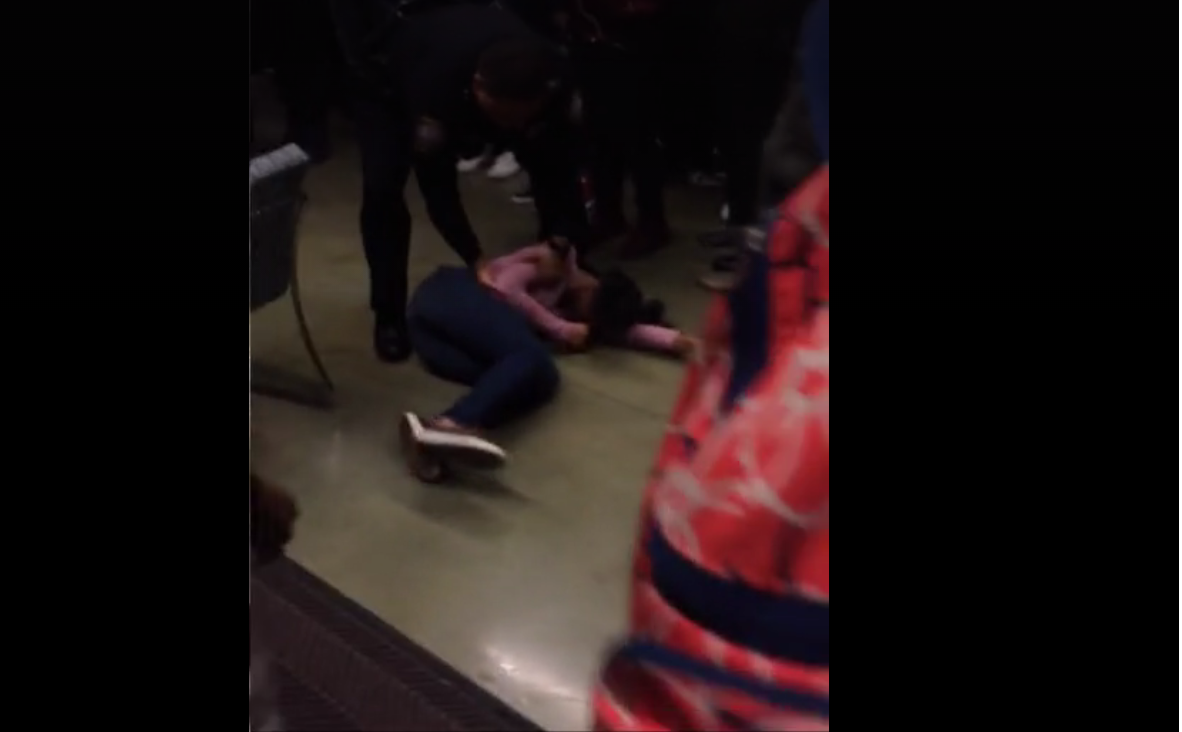
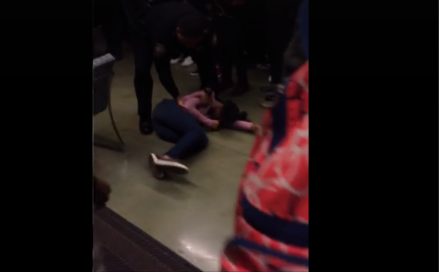
This week, we saw another disturbing video of excessive use of force by a police officer on a Black girl in school. The eight-second video, recorded by a student at Rolesville High School in North Carolina, depicts Officer Ruben De Los Santos grabbing a girl by the arm and body slamming her on to the ground. According to her lawyer, the student in question was in and out of consciousness after the attack and now has a concussion. The officer has been placed on paid administrative leave and the State Bureau of Investigation is investigating the incident.
This is not the first incident on record in Rolesville High School or Wake County, the affiliated school district. Three years ago, Legal Aid North Carolina filed a federal civil rights complaint alleging police in Wake County schools unfairly target Black students and students with disabilities. In response, the district moved to increase police training, but De Los Santos’ actions suggest that change may be elusive.
The last few years have brought us too many of these videos, and each one shines a spotlight on the influence of bias and stereotypes on school discipline practices. Black girls are particularly vulnerable to these practices because they face both race and gender stereotypes in the classroom. They are more likely to labeled as angry and aggressive, and these stereotypes, coupled with loosely defined discipline policies, make it easy for schools to criminalize Black girls and push them out. We see it time and time again. When schools don’t address how stereotypes and bias may influence and impact their policies, Black girls pay the price.
All students deserve to learn free from discrimination and threat of violence. Schools can make significant strides towards achieving this by rooting out discriminatory discipline policies and by addressing stereotypes in the classroom. At the National Women’s Law Center, we’re supporting this work by providing the tools necessary to craft better discipline policies and by educating the public on the stereotypes affecting Black girls in school.

